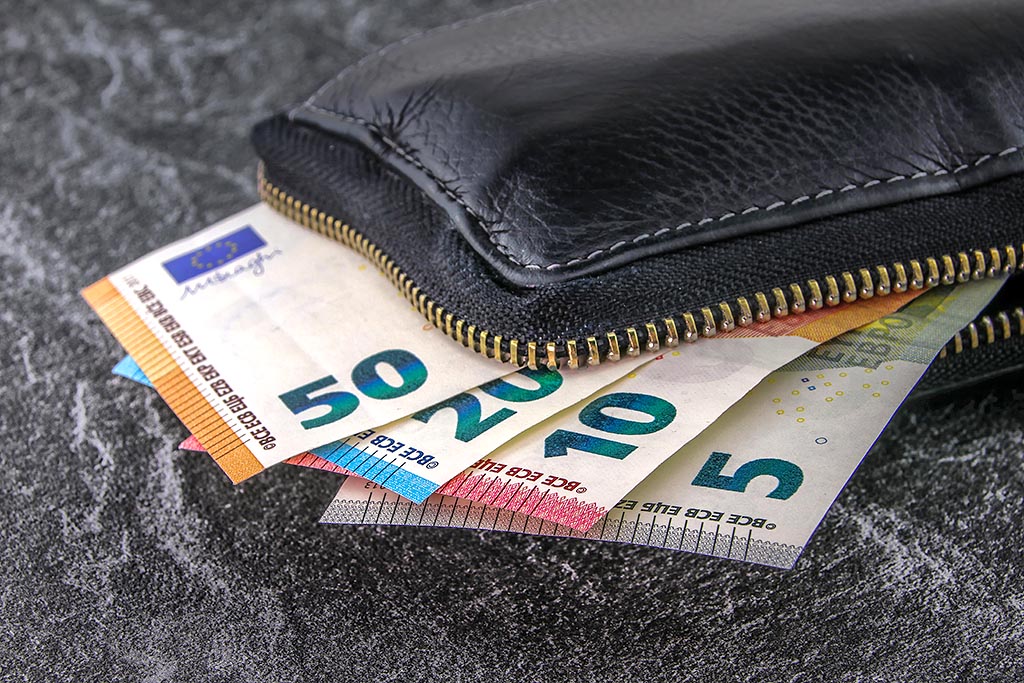Recent data from the European statistical office – Eurostat reveal that Slovenia is one of the countries with the highest wage taxes in Europe. Despite rapid wage growth over the past year, Slovenia is just above Romania in terms of net wages and purchasing power parity, which means that the material well-being of Slovenians is among the lowest in the European Union. The main culprit for this is the high taxes and contributions that the state collects on gross wages.
Switzerland and Luxembourg top the EU rankings, but Slovenia’s average wage is well below the European average. In terms of the purchasing power standard, which is the de facto measure of material well-being, Slovenia is even behind the Czech Republic and Poland, according to the newspaper Finance.
The Swiss top the list in terms of average annual net wages, with an average annual net wage of 85,582 euros recorded last year. Luxembourg is first among the European Union countries, with an average annual salary of 49,000 euros. The average annual net salary in the EU last year was 28,217 euros, while Slovenia’s was just 17,548 eurps, more than ten thousand euros below the EU average.
Slovenians are getting poorer and poorer
While the Swiss are the best paid in terms of nominal net wages, their average annual net wage in purchasing power parity terms is 47,000 euros. The Dutch are the best in the EU on this measure, followed by the Austrians. The average annual net wage in the EU is 27,530 euros. Slovenia’s annual average net wage at purchasing power parity is 19,706 euros, which means we are behind Poland (23,000 euros) and the Czech Republic (19,910 euros). Meanwhile, Romania’s annual average net wage at purchasing power parity is less than 1,000 euros lower than Slovenia’s, at 18,800 euros.
People’s material well-being is expressed in terms of purchasing power. The newspaper Finance has published graphs comparing average annual net wages and average annual net wages by purchasing power standard. Even if the average wage has risen, what matters is how much of it we have left and what it can buy. The Czechs and Poles are better off in purchasing power standards, as their net wages are higher than Slovenia’s in purchasing power standards. Their taxes are also lower, so they don’t count every euro when they go on holiday.
The Swiss are also the champions in terms of purchasing power standards, as is Luxembourg. The Netherlands and Austria are also high on the list, with a purchasing power standard of 27,530 euros. Slovenia, together with Poland and the Czech Republic, is below the EU average in terms of average wages, but the Polish average annual net wage in purchasing power parity is 23,000 euros, the Czech average is 19,910 euros, and the Slovenian average is 19,706 euros. The Romanian average annual net wage in purchasing power parity terms is just under 1,000 euros lower than the Slovenian average, at 18,800 euros.
T. B.


